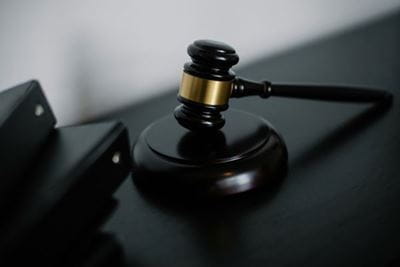The Michigan Department of Licensing and Regulatory Affairs will never ask you to provide your credit card numbers or other personal information over the phone, by text, email, or letter. Please see our IT Security & Data Protection page for more information on how to identify scams and report suspicious activity.
The Michigan Department of Licensing and Regulatory Affairs (LARA) has identified fraudulent emails impersonating LARA officials. These emails may reference “Action Required – LARA Enforcement Notice #83700” and request signatures or confidential information.
- Do NOT click links or share personal data.
- Be cautious of emails that create urgency or request confidential actions.
- Verify communications via official channels: Michigan.gov/LARA
- If you suspect fraud, report it immediately to LARA-Safety@michigan.gov
